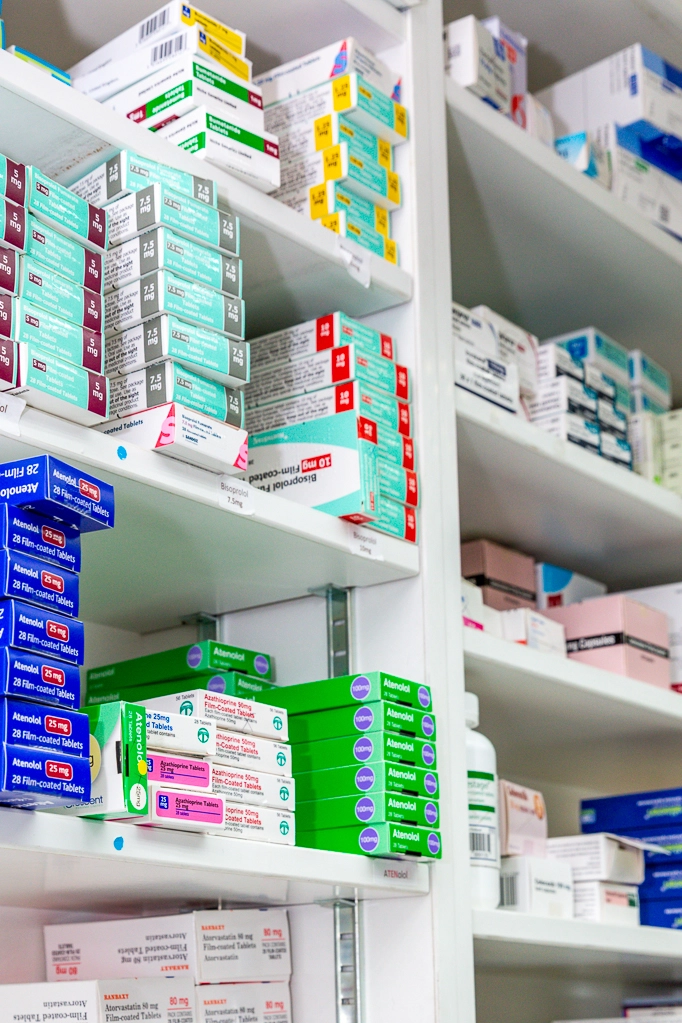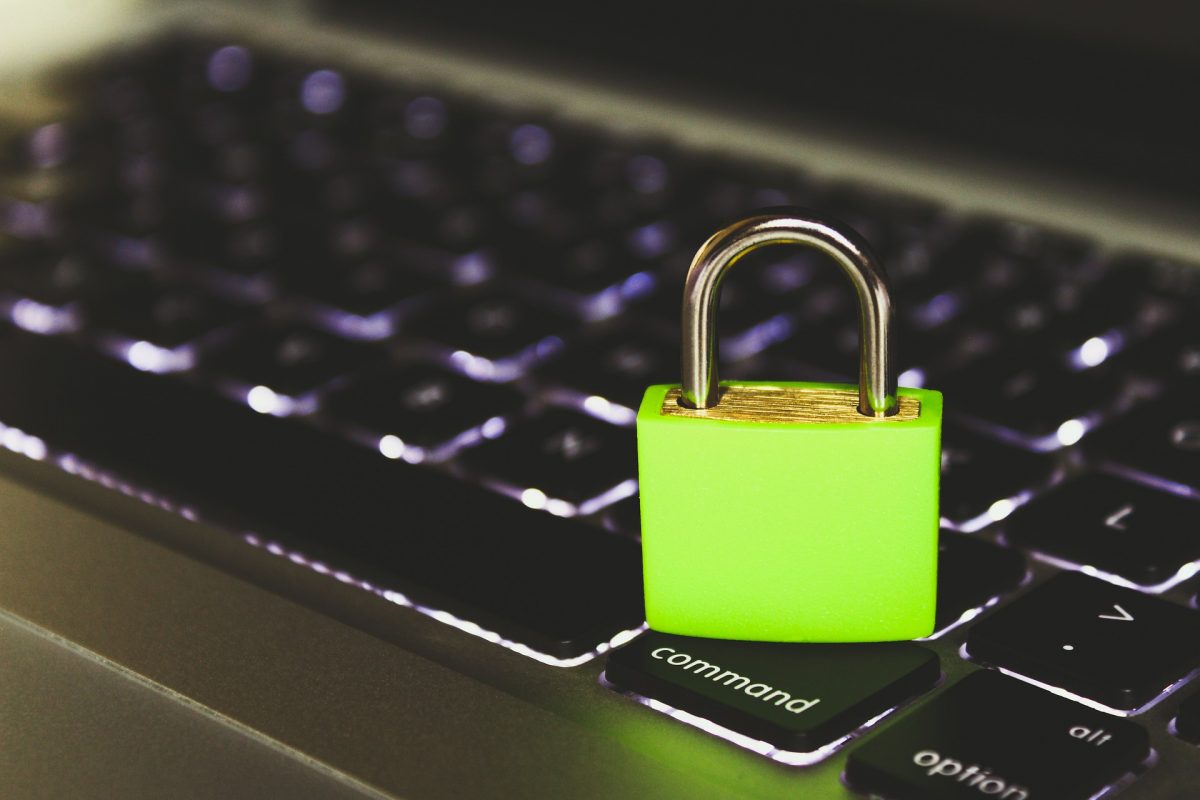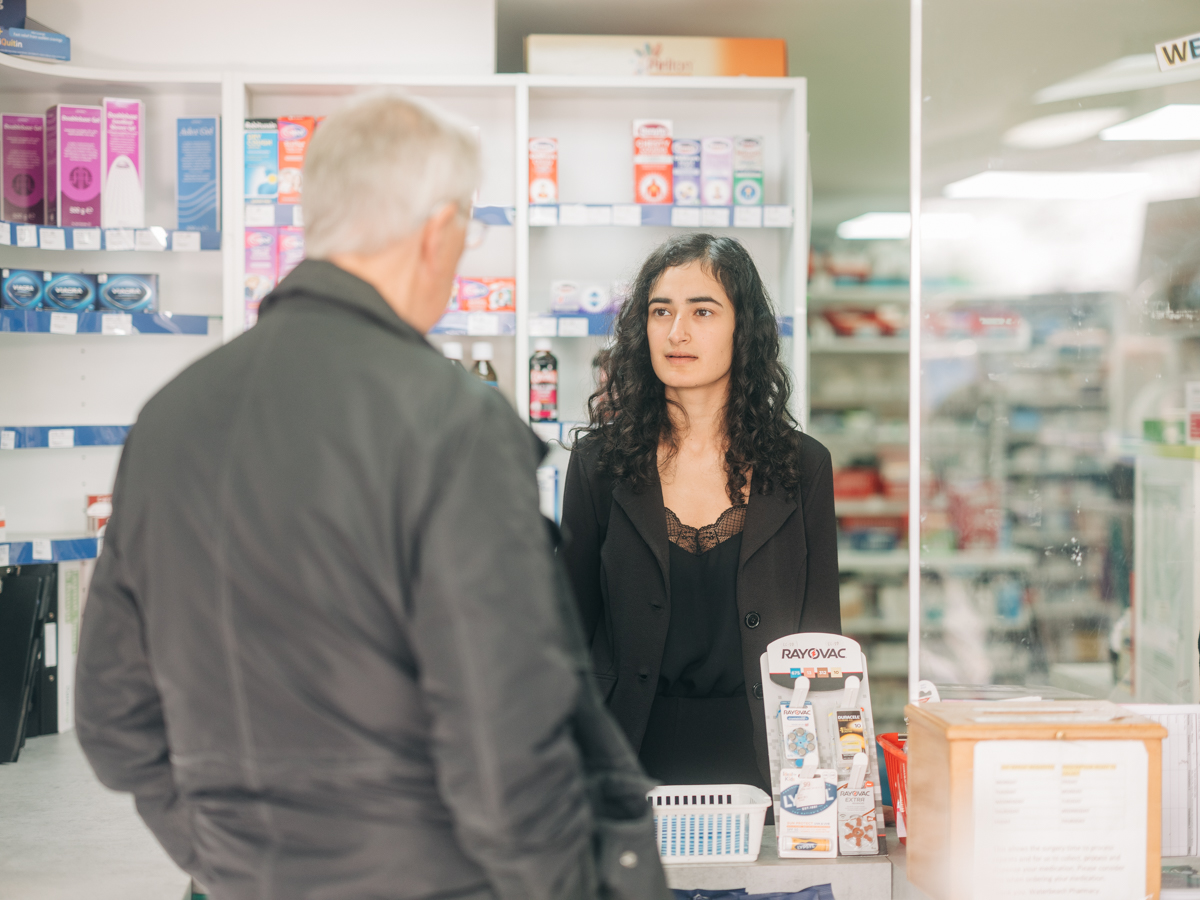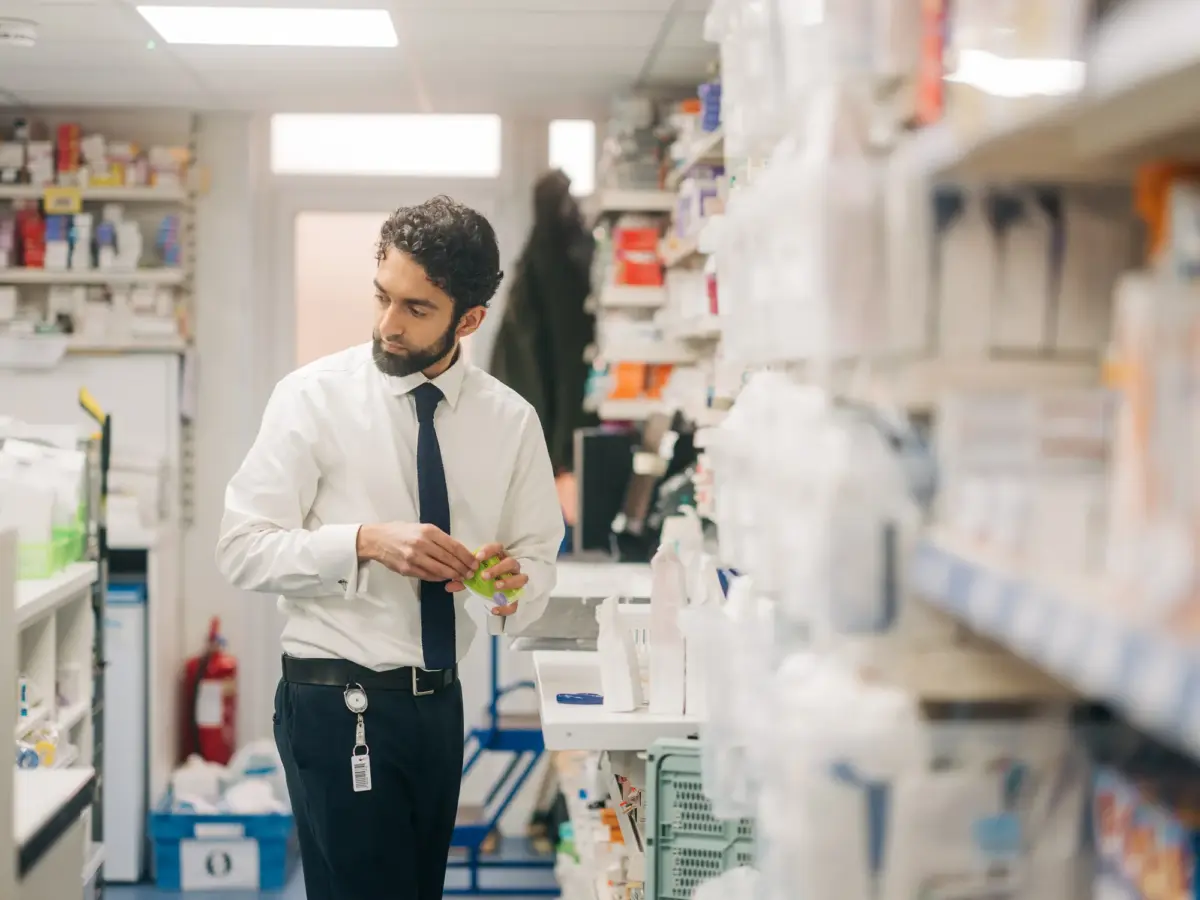Distance selling pharmacies
Published on: 10th July 2013 | Updated on: 5th November 2025
The National Health Service (Pharmaceutical and Local Pharmaceutical Services) Regulations 2013 outline in regulation 64 specific conditions for Distance Selling Premises (DSP) pharmacies. For more information. see the Conditions heading below.
Compliance is mandatory; failure to meet these conditions may result in removal from the pharmaceutical list by NHS England.
Key Regulatory Changes for 2025/26
The 2025 amendment regulations made changes to the NHS (Pharmaceutical and Local Pharmaceutical Services) Regulations 2013 (the PLPS regulations) agreed in the recent 2024/25 and 2025/26 negotiations between the Department of Health and Social Care (DHSC), NHS England (NHSE), and Community Pharmacy England. The key changes for DSP pharmacies are the DSP market entry exemption closure and on-site directed services restrictions.
Market Entry Exemption Closure
- Effective 23 June 2025, no new DSP applications will be accepted.
- Applications submitted on or before 22 June 2025 will be assessed under the pre-23rd June market entry test.
From 23 June 2025, no new applications for DSP pharmacies will be accepted/are permitted under the PLPS regulations. Similar to the previous 100-hour pharmacy exemption, the DSP route to establish a new pharmacy will now be closed.
Any new DSP applications submitted on or before 22 June 2025 will be determined in accordance with the current market entry test, i.e., the test that was in effect on and before 22 June 2025.
The DSP market entry closure was announced here: DSP market entry to close plus core opening hours and other regulatory changes
On-site Directed Services Restrictions – Revised Conditions
- From 1 October 2025, DSPs cannot provide Directed services (Advanced, National Enhanced, Enhanced) face-to-face at their premises.
- Exceptions (until 31 March 2026):
-
- COVID-19 Vaccination Service
- Influenza Vaccination Service
Regulations were amended so that DSPs can no longer provide Advanced and Enhanced services* to patients on the pharmacy premises. Where the service specification for individual services allows remote consultations to be provided or off-site provision of a service, that will still be possible for all pharmacies, including for DSPs.
*DSP pharmacies will be able to continue to deliver the COVID-19 and Influenza vaccination services onsite, at the Distance Selling Premises, until 31 March 2026, but only these two Directed (Advanced/Enhanced) Services and no other Directed Services onsite from the Distance Selling Premises.
For information, see the On-site Directed Services Restrictions – Revised Conditions heading and read our briefing about the regulatory changes that included the key changes for DSPs.
Click on a heading below for the existing information on DSPs.
The following is a guide to the regulations, available at legislation.gov.uk. Regulations 25 and 64 specifically apply to DSPs.
A DSP must not provide Essential and Directed (Advanced, National Enhanced and Enhanced) services to a person who is present at the pharmacy, or in the vicinity of it. In addition, the pharmacy’s standard operating procedures (SOPs) must provide for Essential and Directed services to be provided safely and effectively without face-to-face contact with any member of staff on the premises. NHS England could ask for sight of the SOPs when considering an application to satisfy itself that the conditions will be met.
A DSP receives a prescription via post and dispenses it the next day, sending it via courier. The pharmacist telephones the patient to counsel the patient on the medicine’s correct use. This arrangement satisfies the conditions as no face-to-face contact has taken place on the pharmacy’s premises.
A DSP returns a prescription to the patient saying that because it orders a Controlled Drug, the pharmacy will not be able to dispense it. In this case, the pharmacy is in breach of the Terms of Service which requires all pharmacies to dispense any drug that is ordered, ‘with reasonable promptness’. NHS England could issue a breach notice, could order a withholding of remuneration, and could in some circumstances remove the pharmacy from the pharmaceutical list.
A DSP receives a prescription and dispenses it the next day, sending it via post with a consent form and explanatory leaflet about the New Medicine Service (NMS), inviting the patient to contact the pharmacy. The patient lives locally and so visits the pharmacy, to complete the NMS. The pharmacy would not be able to provide the NMS to the patient at the pharmacy and would need to arrange with the patient to provide the service remotely. When the patient visits the pharmacy they also bring some unwanted medicine back to the pharmacy The pharmacy could not accept the waste, as accepting the waste at the pharmacy would breach the conditions.
The pharmacy’s procedures and SOPs must allow for the uninterrupted provision of Essential services during the opening hours of the pharmacy to anyone in England who requests the service. NHS England could ask for sight of the SOPs to ensure that adequate arrangements have been made to satisfy this condition.
A DSP provides NHS England with an SOP detailing how the pharmacy will receive prescriptions from a drop box in the local GP’s practice, and will have an advice hotline which will operate between 5-6pm during the week. This would be a breach of the conditions on the grounds that only patients who are local to the GP practice will be able to send prescriptions, and the advice hotline will only operate for a proportion of the pharmacy’s core hours.
Nothing in any written or oral communication such as a practice leaflet or any publicity can suggest, either expressly or impliedly, that services will only be available to persons in particular areas of England, or only particular categories of patients will (or will not) be provided for.
A DSP publishes a leaflet which states ‘Our delivery vans are available within a 25 mile radius. We can arrange for delivery by post outside this area, but cold chain products, such as insulin cannot be sent this way’. The pharmacy is likely to be found in breach of the conditions, as patients with diabetes requiring insulin who live outside the area would be unable to obtain their prescriptions from the pharmacy.
On 2nd June 2025, NHS regulations were laid to introduce changes to the Terms of Service for DSP pharmacy owners in relation to Directed services. From 1 October 2025, DSPs cannot provide Directed services (Advanced, National Enhanced, Enhanced), subject to one time-limited exemption*, face-to-face at their premises.
I.e. (existing) DSP pharmacies can only deliver Directed services (Advanced, National Enhanced, and Enhanced services) remotely from the distance selling premises, similar to their delivery of Essential services OR, if the service specification permits, face-to-face with the patient, off-site.
*DSP pharmacies can continue to deliver the COVID-19 and Influenza vaccination services onsite, at the Distance Selling Premises, until 31 March 2026, but only these two Directed (Advanced/Enhanced) Services and no other Directed Services onsite from the Distance Selling Premises.
Why was this change introduced?
In simple terms, Distance Selling Premises (DSP) pharmacies must now provide NHS pharmaceutical services remotely (at a distance) and not face-to-face with patients at, or in the vicinity of, the pharmacy premises.
The intention of the PLPS regulations was for DSPs to be remote providers of pharmaceutical services, and, on this basis, they were allowed to establish or open (subject to application) without reference to local Pharmaceutical Needs Assessments (PNA). The expectation was that DSPs would provide NHS pharmaceutical services nationally. Not that they would deliver clinical services locally or on the High Street.
Before the amendments to the PLPS Regulations, DSP pharmacies were allowed to provide Advanced, National Enhanced and Enhanced Services (Directed Services) to patients present onsite, at the pharmacy premises. However, when this was introduced such services were a small part of the NHS community pharmacy offering. This has since changed and has meant that increasingly, with the provision of such services, DSPs can establish and provide such services locally, undermining the integrity of the market entry controls in the PLPS (which broadly only permit new pharmacies if local patient needs – set out in the local PNA – require one).
The first formal recognition of this issue – concern with DSPs providing Directed Service onsite, face-to face with patients – was when the Pharmacy First Service was introduced, and DSPs were only allowed to provide Pharmacy First clinical pathways (the new part of the service) remotely.
On 20th October 2020, NHS regulations were laid to introduce changes to the Terms of Service for pharmacy owners, which included changes to consultation rooms and remote consultations. For distance selling pharmacies, this means:
- they must ensure that there are arrangements in place at the pharmacy which enable staff and patients to communicate confidentially by telephone or another live audio link and a live video link; and
- can choose to install a consultation room at their pharmacy, but this is not a requirement of the Terms of Service.
Read more about the consultation rooms and remote consultations Terms of Service
On 20th October 2020, NHS regulations were laid to introduce changes to the Terms of Service for pharmacy owners, which included from 1st January 2021, all pharmacies had to meet the Healthy Living Pharmacy (HLP) requirements which are detailed in the NHS England regulations guidance.
The majority of the requirements are the same for ‘bricks and mortar’ pharmacies and DSPs; however, there are a few different requirements and suggested evidence that should be collated. For example, DSPs must have a website for patients and the public accessing their services to use, which must have an interactive page that is clearly promoted when they first access the website. This page must provide access to a reasonable range of up-to-date materials that promote healthy lifestyles, by addressing a reasonable range of health issues. Further information can be found in the NHS England regulations guidance.
Q. Are DSP pharmacies eligible for the Pharmacy Access Scheme?
No. DSPs (e.g. internet pharmacies) are not included in the scheme; this is because the scheme is intended to protect physical access to bricks and mortar pharmacies.
Q. Can DSP pharmacies provide an Advanced service?
DSP pharmacies can only deliver Directed services (Advanced, National Enhanced, and Enhanced services) remotely from the distance selling premises. Flu and Covid vaccination services can be provided on the pharmacy premises until 31 March 2026, after this date DSPs will no longer be able to provide those services on the pharmacy premises.
Q. Will DSP pharmacies still be able to provide the Flu Vaccination Service and COVID-19 Vaccination Service after 31st March 2026?
DSP pharmacy owners will not be able to provide flu vaccinations or COVID-19 Vaccination Services face-to-face with patients at the DSP pharmacy premises after 31st March 2026.
However, both services currently allow off-site provision of flu vaccinations in certain circumstances, where agreed by the commissioner. The services are both reviewed on an annual basis, so assuming off-site vaccination continues to be allowed in certain circumstances by the commissioner, our understanding is that DSP pharmacies would continue to be able to provide the service off-site in the same way that bricks and mortar pharmacies can.
Q. Can a DSP pharmacy still provide locally commissioned services at the DSP premises from 1st October 2025?
If the local service is commissioned by an Integrated Care Board (ICB) as a local Enhanced service, then DSP pharmacies will not be able to provide these services face-to-face with patients at the pharmacy premises. If the local service is not an Enhanced service and the service specification allows the provision of the service to be provided by DSP pharmacies, then provision of the service can continue.
At a local level, Enhanced services can only be commissioned by ICBs; services locally commissioned by other organisations, e.g. local authorities, will not be commissioned as an Enhanced service.
If you are not sure if a locally commissioned service is an Enhanced service, we suggest contacting your LPC for further guidance on this matter.
Q. The local authority has decided not to commission my DSP to provide a locally commissioned service. Can I challenge this decision?
The decision of whether to commission or not is one for the local authority. If a pharmacy contractor wished to challenge a decision, then they should be encouraged to seek independent legal advice as procurement law is a complex specialist field outside of the remit of Community Pharmacy England.
Q. If a DSP pharmacy is undertaking a remote Pharmacy First consultation for the minor illness strand of the service after 1st October 2025 and the patient needs to be physically seen to assess their condition, can the patient come to the pharmacy premises for a consultation?
No. From 1st October 2025, if the patient needs to be seen face-to-face, the patient should be referred to a bricks and mortar pharmacy or another healthcare professional for advice; they cannot come to the DSP premises from 1st October 2025 for a Pharmacy First consultation.
Q. If a DSP pharmacy is providing the Pharmacy Contraception Service (PCS) and the patient does not know their BMI, can they come to the pharmacy so the patient can be weighed and their height measured to calculate their BMI for them?
No. From 1st October 2025, if the patient needs to be seen face-to-face to have measurements taken, the patient should be referred to a bricks and mortar pharmacy or another healthcare professional for advice; they cannot come to the DSP premises from 1st October 2025 for a PCS consultation.
Q. What are the rules around off-site provision of Advanced and National Enhanced services?
The following table summarises service specification/contractual provisions related to off-site provision of Advanced and National Enhanced services, i.e. provision away from the pharmacy premises and the provision of remote consultations, where the patient is not present on the pharmacy premises.
If you are considering, where permitted, off-site provision for any of the services or undertaking remote consultations, please first review the information on our service webpage and the service specification.
For information on local Enhanced services, we suggest contacting your LPC for further guidance on this matter.
| Service |
Is off-site provision allowed?
(Pharmacy staff face-to-face with the patient, but not on the pharmacy premises) |
Are remote consultations allowed from the pharmacy premises? (Pharmacy staff at the pharmacy with the patient elsewhere, via audio or video consultation) | Are remote consultations allowed from off-site? (Pharmacy staff are off-site, not at the pharmacy premises with the patient also being elsewhere, via audio or video consultation) |
| Appliance Use Reviews | Yes – read the information on our service webpage and the Secretary of State Directions for the detailed requirements related to off-site provision | Yes – read the information on our service webpage and the Secretary of State Directions for the detailed requirements related to remote consultations | No |
| Discharge Medicines Service | No | Yes – read the information on our service webpage and in the Terms of Service for the detailed requirements related to remote consultations | No |
| Flu vaccination service | Yes, where NHS England provide consent to this – read the information on our service webpage and the service specification for the detailed requirements related to off-site provision | Not applicable | Not applicable |
| Hypertension Case-Finding Service | Yes, on an occasional basis, where prior consent has been obtained from the Integrated Care Board. See further information on our service webpage and in the service specification | Not applicable | Not applicable |
|
|
No
|
No | No |
| New Medicine Service | Yes, in a patient’s home. Read the information on our service webpage and the service specification for the detailed requirements related to provision in a patient’s home | Yes – read the information on our service webpage and the service specification for the detailed requirements related to remote consultations | Yes. However, changes will be made to the Service Directions on 1st October 2025 to clarify that NMS may not be provided via a remote consultation with the patient by a pharmacist working off the pharmacy premises who is not employed by the pharmacy owner. |
| Pharmacy Contraception Service | No | Yes – read the information on our service webpage and the service specification for the detailed requirements related to remote consultations | No |
| Pharmacy First Service | No | Yes, but with exceptions – read the information on our service webpage and the service specification for the detailed requirements related to remote consultations | No |
| Smoking Cessation Service | No | Yes – read the information on our service webpage and the service specification for the detailed requirements related to remote consultations | No |
| COVID-19 vaccination service | Yes, where NHS England provide consent to this – read the information on our service webpage and the service specification for the detailed requirements related to off-site provision | Not applicable | Not applicable |
|
RSV and Pertussis Vaccination Service
|
No | Not applicable | Not applicable |
Q. Does the European Regulation to inform customers about the existence of an online dispute resolution platform if they have a problem with their online purchase apply to me?
In February 2016, new European Regulations came into effect requiring traders engaged in online sales or services contracts to inform consumers about the existence of the online dispute resolution platform and the possibility of using that platform to resolve disputes.
No. These Regulations do not currently apply to “health care services” which are health services provided by health professionals to patients to assess, maintain or restore their state of health, including the prescription, dispensation and provision of medicinal products and medical devices (see Part (a) of Article 3 of Directive 2011/24/EU). A “Health professional” includes a pharmacist.
Q. The regulations state that DSPs are to provide Essential and Directed services ‘without face to face contact’ between the contractor or their staff and the patient. Can a DSP use a delivery driver to collect prescriptions and deliver medicine to patients?
The prohibition on face-to-face contact has been in place since 2005 for Essential services and this continues and has been expanded to Directed services in the amended regulations. The prohibition on face-to-face contact covers the provision of Essential, Advanced, National Enhanced and Enhanced NHS pharmaceutical services, at the pharmacy premises. This means that a delivery driver employed by the contractor could (a) collect a prescription from the GP practice; and (b) deliver the dispensed items to the patient at their home.
Q. Can a DSP charge for delivery of prescriptions?
Under the National Health Service 2006 (Part 1 1(3)), all NHS services must be provided free of charge except where a charge has been expressly mandated by legislation. As no legislation has been passed that would allow this, it would be against the Act to request payment for the delivery of a prescription. Bricks and mortar pharmacies are able to charge for delivery as part of a private service (except where the item is a Part IXA specified appliance).
Q. Do I need to display the EU common logo in my DSP?
No. From 1st January 2021, anyone (including traditional “bricks and mortar” pharmacies with an online presence) who sells human medicines online in Great Britain is no longer required to display the EU common logo (also known as the Distance Selling Logo) on every page of their website offering to sell human medicines. For Great Britain the Medicines and Healthcare products Regulatory Agency (MHRA) will be considering an alternative to the use of the Distance Selling Logo in the future. The MHRA is no longer processing new applications for the Distance Selling Logo in Great Britain. The MHRA will continue to disrupt illegitimate online retailers through enforcement activity.
Q. What is the GPhC voluntary internet logo scheme?
The General Pharmaceutical Council (GPhC) operates a voluntary internet pharmacy logo scheme to provide reassurance to patients and the public that they are purchasing medicines online from registered pharmacies who have to meet GPhC standards. If you would like to apply to use the GPhC voluntary internet pharmacy logo, more information is available on the GPhC website .
Community Pharmacy England Briefing 023/15: Providing pharmacy services at a distance (April 2015)
The General Pharmaceutical Council has issued guidance for registered pharmacies providing pharmacy services at a distance. This will apply to most community pharmacies, both distance selling and bricks and mortar, as many now provide collection and delivery of prescriptions as part of their dispensing process. This briefing summarises some of the key aspects of the guidance and how contractors can ensure they are following them.
For more information on this topic please email regulations.team@cpe.org.uk












